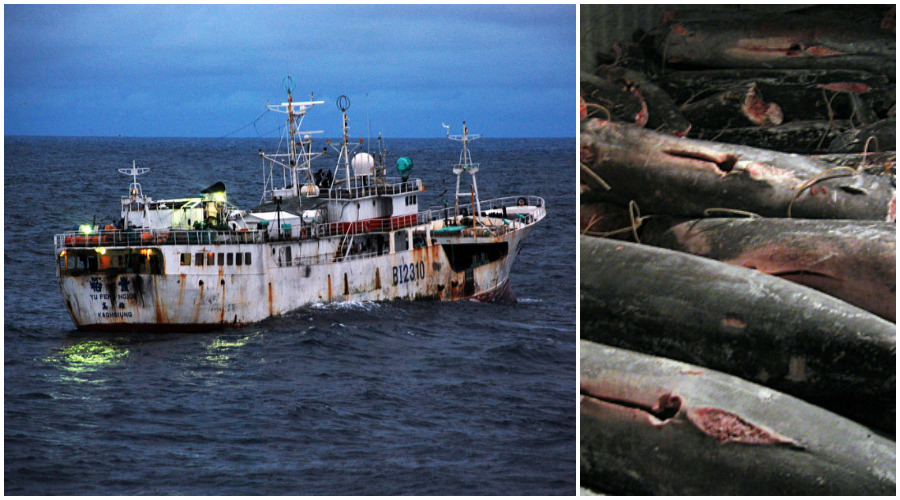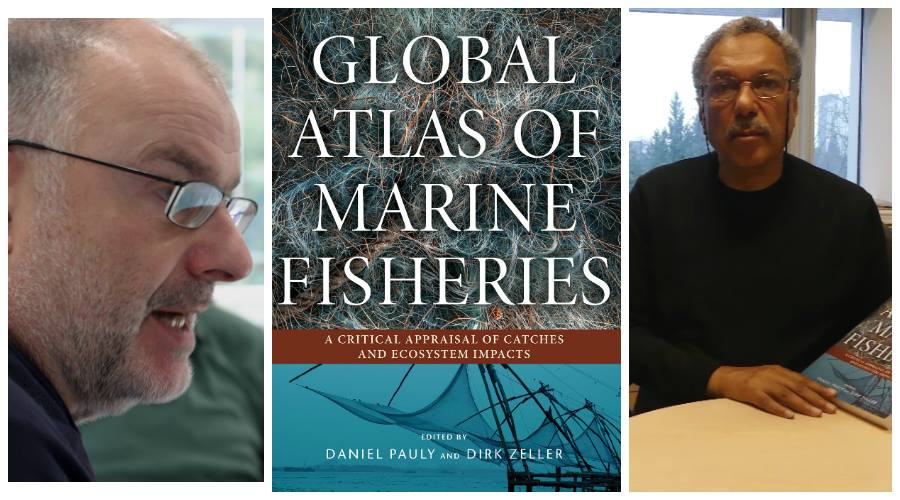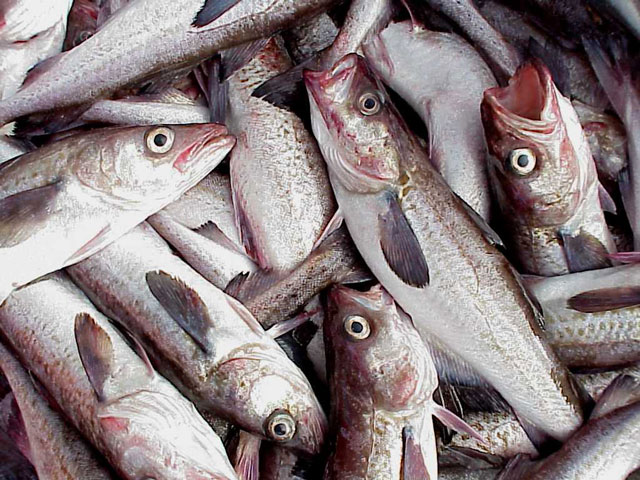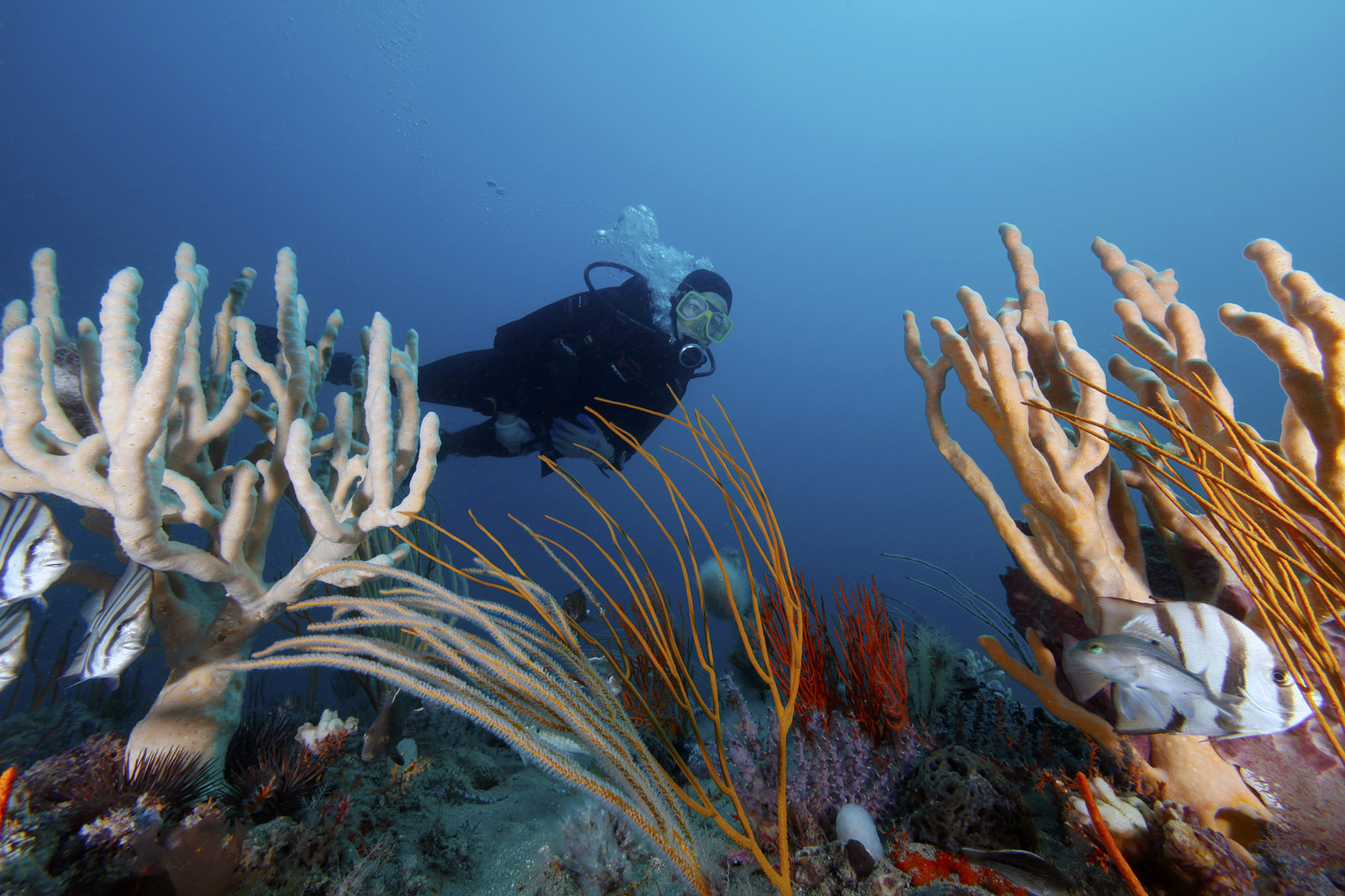
Photos from Wikimedia Commons.
Illegal fishing accounts for about 30 per cent of catches by industrial foreign fleets in Sierra Leone, says a new study published in Marine Policy.
The paper states that, in the past decade, industrial foreign vessels have increased their presence and illegal activities in Sierra Leonean waters either on their own or by enticing small-scale fishers into illicit partnerships, such as acting as transshipment vessels in nearshore areas.
Reduced monitoring, control, and surveillance, related to the withdrawal of development aid, is spurring unlicensed operations, researchers say. The study estimates that more than 42,000 tonnes of fish were caught illegally in 2015 alone.
Continue reading →










